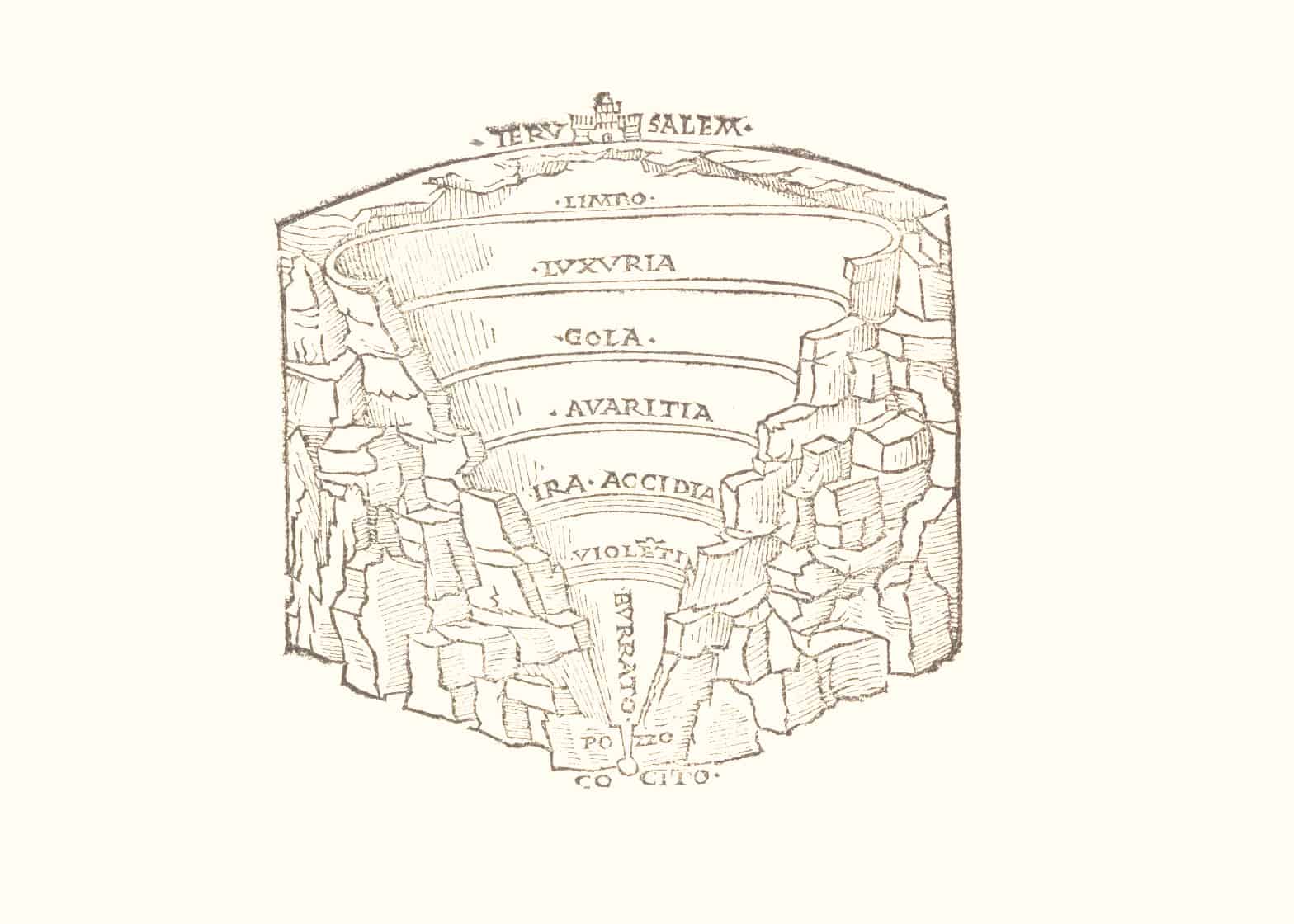The Great Questions
Foundation
Seeks to promote liberal education and core-text and discussion-based learning at the community college
We help promote liberal education and core-text and discussion-based learning at the community colleges by...
supporting faculty development
Helping community college faculty focus core-curriculum courses on the discussion-based study of transformative texts.
course redesign
Providing training and mentorship for faculty from all disciplines in their continued exploration of texts that investigate persistent human questions and the discussion-based approach to teaching them.
support core-text programs & courses
Organizing and supporting convenings, reading groups, speaker series and mentoring relationships directed to the improvement of discussion-based teaching and learning.
TGQF has helped faculty from the following institutions redesign core-curriculum courses to center the discussion based study of transformative texts:





























Transform the Community College General Education Experience
Help make general education, liberal education at your institution. Participate in one of our multiple programs to shape your teaching and curriculum by incorporating the discussion based study of transformative texts and ideas into the general educational journey of students at your community college.
Faculty Fellowship

Asking The Great Questions With Your Students
Help us make general education, liberal education at US Community Colleges!
The application deadline is September 29

discussions of transformative texts
In Fall 2023 we will be reading The Brothers Karamazov by Fyodor Dostoevsky.
Discussion-Based Pedagogy
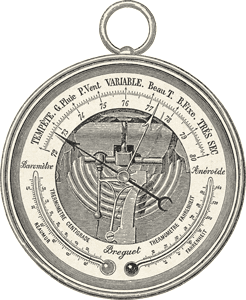
Are you interested in learning more about successful discussion based liberal arts courses and initiatives at community colleges?
Showcasing community college faculty who have developed effective ways of teaching discussion based classes focused on transformative texts.
Course Redesign Workshops
The Great Questions Foundation organizes course redesign workshops each summer, which are geared toward helping faculty members incorporate the discussion-based study of texts from our list in general education courses at community colleges where they teach. Expect great discussion with community college faculty colleagues from all over the US.
Explore the Texts
What are the texts that faculty might explore with students in a discussion-based classroom that address these great questions most productively, which could be easily integrated into general education courses already present in most community college course catalogues? This is a list of 100 transformative texts that faculty representing 12 different institutions have identified as important in this regard.
Impact
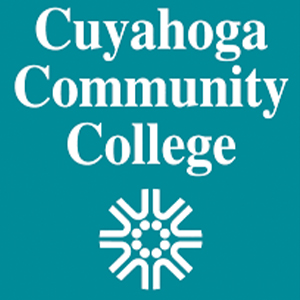


TGQF in the News
OCTOBER 5, 2023
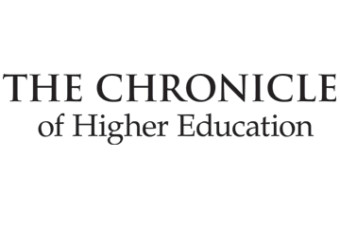
Community College Is The Future Of Liberal Education
It’s time to support the humanities there.
By Ted Hadzi-Antich Jr.
Sept. 4, 2023

College Students: School Is Not Your Job
College is a unique time in your life to discover just how much your mind can do.
By Jonathan Malesic
June 9, 2023

Great Books Can Heal Our Divided Campuses
Colleges need more programs where students of different backgrounds can wrestle together with the big questions posed by the humanities.
By Andrew Delbanco
MAY 25, 2023

The Meaning of Success
In an innovative seminar at Austin Community College, students tackle the big questions
By Ted Hadzi-Antich Jr.
April 10, 2023

A Renaissance from Below
"Confronting these questions is not a luxury; it’s a necessity."
By Ted Hadzi-Antich Jr.
August 18, 2022
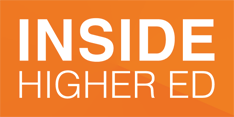
Innovating at Scale
How one community college system discarded a cookie-cutter approach to education.
By Steven Mintz
March 1, 2022

How Humanities Play a Vital Role for Community College Students
At Austin Community College (ACC), Ted Hadzi-Antich Jr. leads students in a course called Great Questions. It’s a humanities-based, student-centered discussion class, where classic texts are connected with the students' modern lives.

